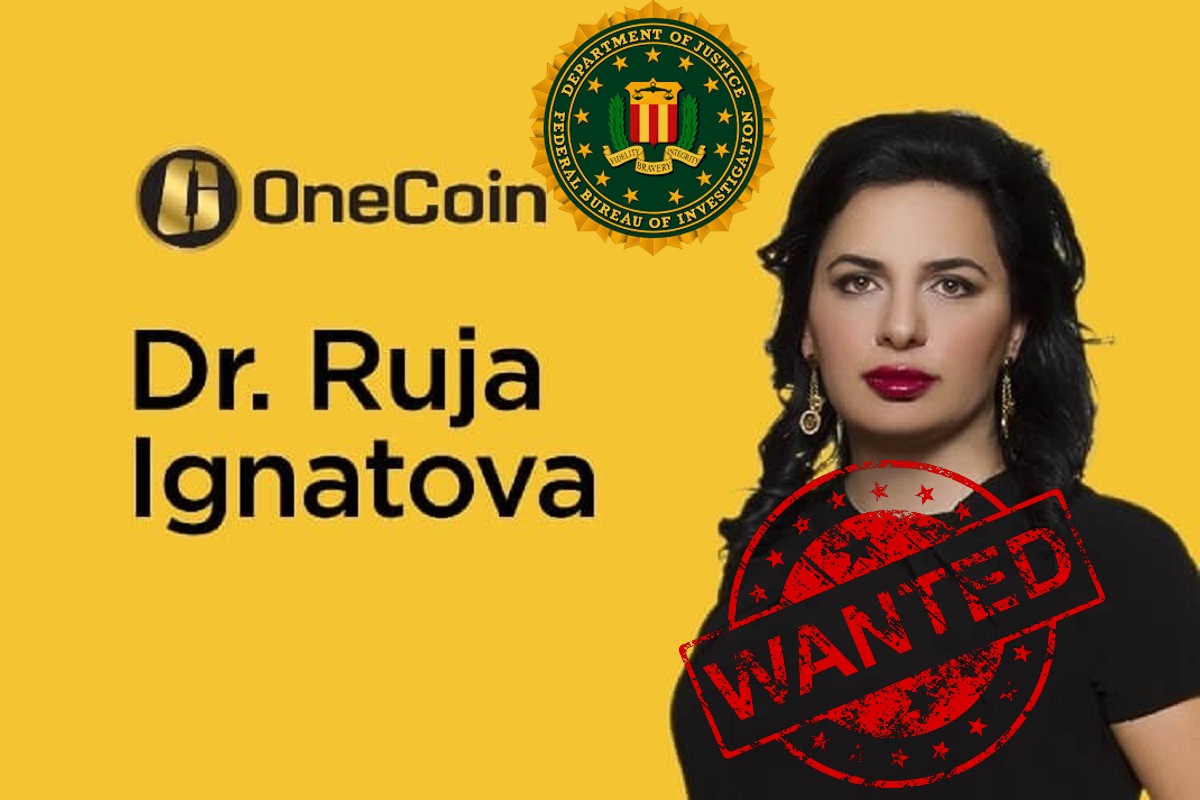Supervisors are increasingly speaking out about cryptocurrency. Why regulators’ interest in digital assets has grown, and what this can lead to.
Supervisors and regulators may soon tighten the regulation of cryptocurrencies due to their growing popularity, said Governor of the Swedish Central Bank (Riksbank) Stefan Ingves in an interview with Bloomberg .
In his opinion, digital assets will not be able to escape regulation, as they have grown to the point where consumer interests and money laundering risks come into play. Experts explained how a possible tightening of cryptocurrency regulation could affect the industry.
Vector change
We have already seen many times how countries and regulators, even within one year, can radically change their requirements, said Andrey Podolyan, CEO of the Cryptorg.exchange crypto exchange. As an example, he cited a recent statement by the Reserve Bank of India, which denied the ban on operations with cryptocurrencies in the country.
“First they prohibit, then they allow,” the expert added.
Also, the Indian government may soon form a new expert group to study the possibility of regulating cryptocurrencies. According to the publication, officials believe that the recommendations of the committee, led by former financial secretary Subhash Garg in 2019, about a complete ban on these assets are outdated.
Impact on the market
Since the cost of a cryptocurrency depends, among other things, on the infrastructure around it, any news about the prohibition of digital assets in any country immediately sends quotes down, says Maria Stankevich, Development Director of the EXMO crypto exchange.
According to her, the more and more actively regulation develops, the more money comes to the market, and investors and companies are no longer afraid to enter crypto assets. Banks allow making payments with the purpose of “buying cryptocurrencies“, which allows you to enter and withdraw any amount from digital assets, the expert noted.
“In the short term, we will see an influx of big capital, and in the long term, massive adoption and huge infrastructure,” added Maria Stankevich.
The threat of ban
European countries will definitely not follow the path of a strict ban on cryptocurrencies because they understand that, firstly, this is a shortfall in profit from taxes, and secondly, it is difficult to ban cryptocurrencies for real, says the director of development of the EXMO crypto exchange.
“This is essentially the same as banning the Internet. You can restrict, you can ban and censor, but those who want to, will still bypass the restrictions, ”explained Maria Stankevich.




